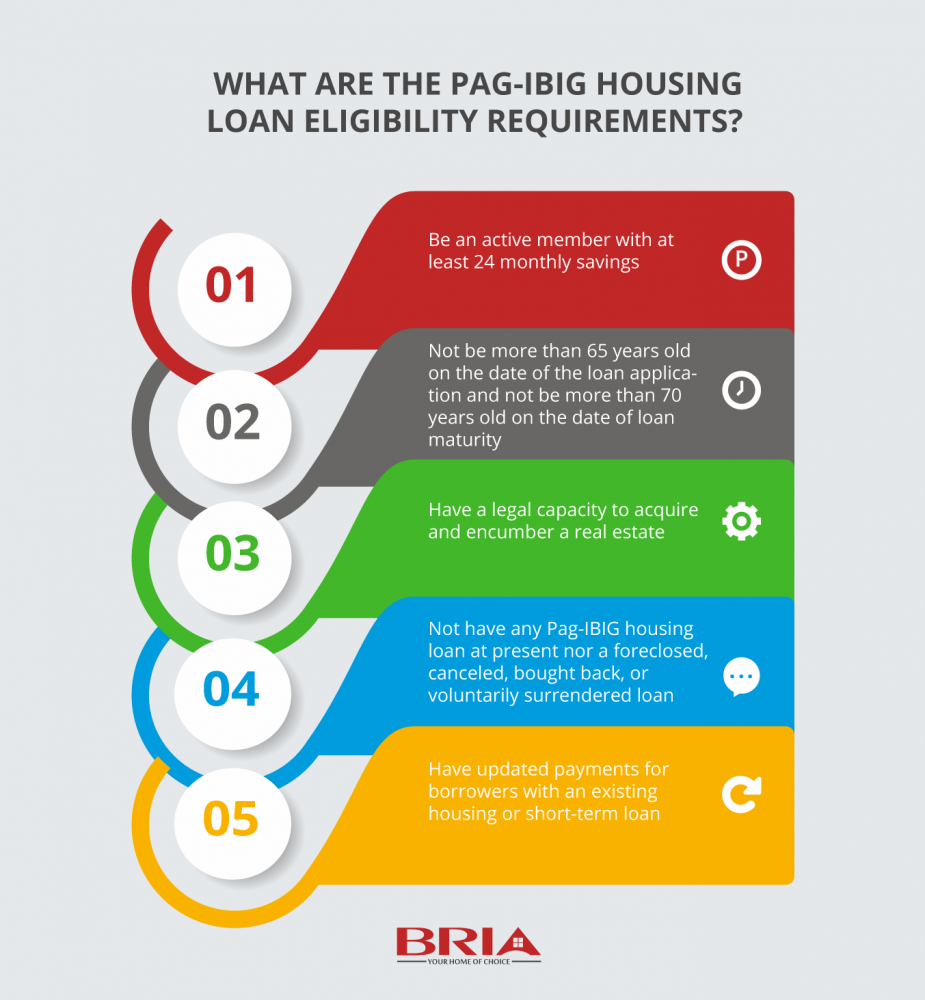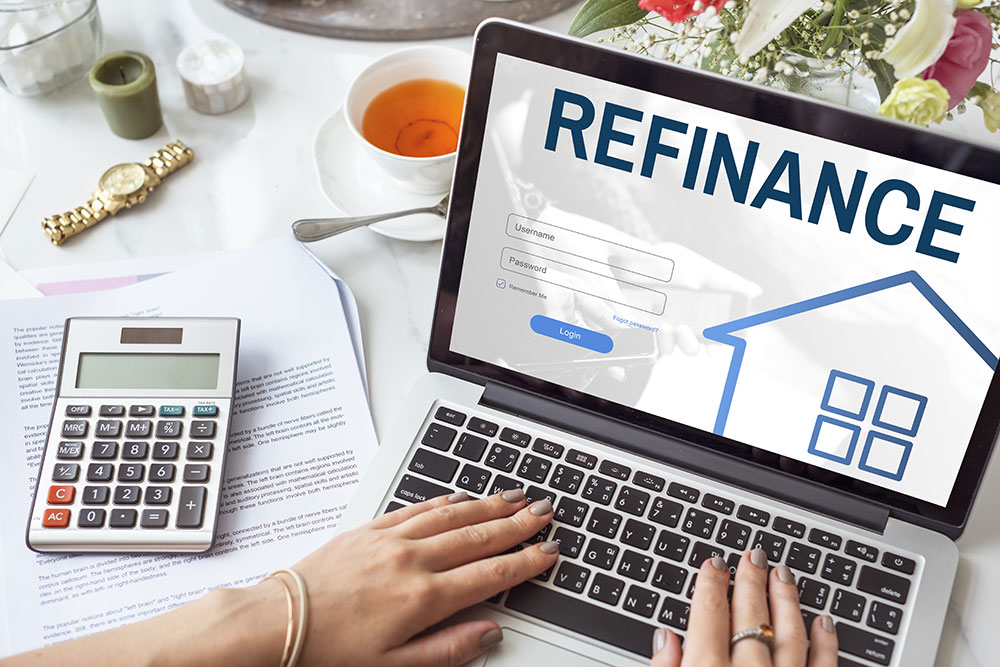Table Of Content

The new loan pays off your old loan, and you receive the difference in cash. Cash-out refinances are a common way to borrow against your home equity. Read on to see which option fits your needs, from automated monthly payments to paying over the phone. On the other hand, perhaps your lender also offers you a no-closing-cost refinance with $0 in closing costs but a 6.5% APR. That would mean you pay a total of $191,317 in interest by the time your loan matures.
Best lender for variety of refinance products: Fairway Independent Mortgage
Is a 1% drop in mortgage rates worth refinancing? Experts weigh in - CBS News
Is a 1% drop in mortgage rates worth refinancing? Experts weigh in.
Posted: Tue, 13 Feb 2024 08:00:00 GMT [source]
When your lender finishes underwriting your loan and reviewing your appraisal, they’ll send you a document called a Closing Disclosure. Your Closing Disclosure includes the final terms of your loan, your closing costs, your interest rate and more. Your lender must give you at least 3 days to review your Disclosure after you receive it. Your lender might offer you a refinance without closing costs if you can’t afford to pay those expenses.
Shop refinance rates
A refinance may not be worth it — or even possible — if your credit, income, savings and home equity aren’t in order. A reverse mortgage is technically a type of refinancing option for borrowers over the age of 62 with sufficient equity in their homes. Borrowers who switch to a reverse mortgage don't have to make payments on their loan while they’re alive.
Pros and Cons of a 30-Year Refinance Mortgage
Mortgage refinancing: what to do if you've been denied - CNBC
Mortgage refinancing: what to do if you've been denied.
Posted: Wed, 13 Mar 2024 07:00:00 GMT [source]
The size of the mortgage loan remains the same with a rate-and-term refinance. But depending on the changes made to the loan, you could potentially end up with lower monthly mortgage payments or pay down your mortgage faster than you’d originally planned. With that said, you might not know which type of refinancing will best suit your needs. As a homeowner, refinancing a mortgage loan can be an important financial decision. Whether you’re looking to lower your monthly mortgage payment or take cash out against your home’s equity, applying for a refinance can help you reach certain milestones and achieve your personal goals.
How Does Refinancing Your Mortgage Impact Your Credit?
It’s important to understand that while you shop for rates, you’ll want to have all lenders submit their inquiries within the same time span. Credit bureaus will view several inquiries as one if they fall within a 14- to 45-day period. If you have multiple hard inquiries spread over a longer period of time, your score will likely drop more drastically. In some states, borrowers are required to have a lawyer review documents before closing when refinancing a mortgage. However, you may decide to hire a real estate attorney who can protect your interests and help guide you through the refinancing process even if you live in a state where it’s not a requirement.
Lower Your Interest Rate
With a cash-out refinance, you’ll tap into your equity with a new loan that’s bigger than your existing mortgage balance, allowing you to pocket the difference in cash. The loan-to-value ratio measures the amount of financing used to buy a home relative to the value of the home. If you plan to stay in the home for an extended period, getting the lowest mortgage rate can be more important than paying the lowest closing costs. Bankrate has helped people make smarter financial decisions for 40+ years.
She has a passion for teaching others about better living through improving your finances. While the housing market is still currently pretty lousy overall, it's definitely tipped in favor of sellers, not buyers. Writers and editors and produce editorial content with the objective to provide accurate and unbiased information. A separate team is responsible for placing paid links and advertisements, creating a firewall between our affiliate partners and our editorial team. Our editorial team does not receive direct compensation from advertisers.
It’s important to check each of your credit reports before you apply for a refinance to make sure they have no mistakes. Even small mistakes can lower your score and hurt your chances of qualifying for a refinance. Be sure to immediately report any mistakes you find to each credit bureau.

Calculate your break-even point — if you’ll be in your home long enough to recoup the costs, the refinance probably makes sense. You’ll typically pay between 2% and 6% of your loan amount toward closing costs. However, the shorter the lock, the better the rate, so get your paperwork in quickly and stay in contact with your loan officer during the refinance process.
That's the point at which the money you're saving with the new loan begins to exceed the amount you had to pay in upfront closing costs. Breaking even can take months or even years, so refinancing may not be a wise move if you don't expect to stay in your home for that long. Getting quotes from at least three mortgage lenders can help you maximize your savings when refinancing a mortgage. Once you’ve chosen a lender, discuss when it’s best to lock in your rate so you won’t have to worry about rates climbing before your refinance closes. For most borrowers, the current high-rate environment is not an ideal climate for replacing a loan with a new one.
You might be able to refinance your FHA loan to a conventional loan and stop paying a mortgage insurance premium (MIP). But the upfront costs required for refinancing may mean the lower monthly payment isn’t worth your while. That’s why it’s important to understand the refinancing process and make sure it’s the right move for you. The time it takes to refinance a mortgage loan varies depending on the lender, the type of refinance loan and how prepared you are in advance. For a VA loan refinance, you have to wait 210 days after the first monthly payment of your existing mortgage. The break-even point on a mortgage is the date on which you fully recover your refinance closing costs and begin to benefit from your new lower payment.
However, submitting multiple mortgage applications in an effort to get the lowest rate possible won’t hurt your score. Once you’ve decided that refinancing makes sense for you, learn more about how to refinance your mortgage. Also, explore the hidden fees to watch out for when refinancing your loan. As you move the slider left and right, the calculator updates your total savings over the indicated number of years.




















